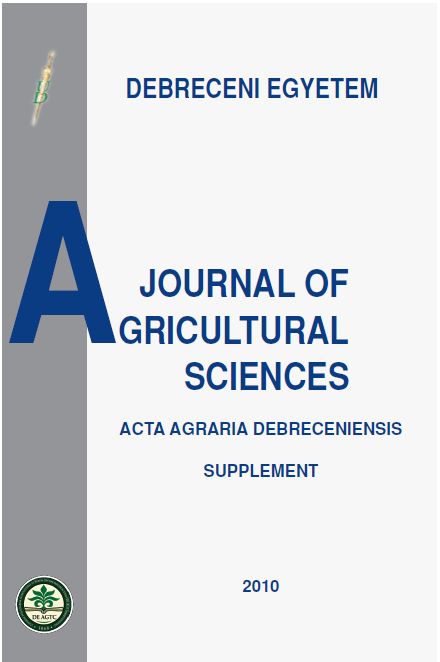Exogenous salicylic acid treatments enhance tolerance to salinity of wheat (Triticum aestivum) plantlets
Authors
View
Keywords
License

This work is licensed under a Creative Commons Attribution 4.0 International License.
How To Cite
Abstract
Salt stress, an abiotic stress, determines modifications of some biochemical indicators, like, antioxidant enzymes, proline (amino acid
accumulate in higher plants under salinity stress) content, and some physiological processes including: plant growth and development. In
this paper we studied the influence of exogenous treatment of wheat seeds, with 0.1 mM salicylic acid (SA) solution, in the plant response to
salt stress. The treatment was applied by presoaking the seeds in the treatment solution for 12 hours before germination. The results showed
that exogenous 0.1 mM SA solution, administrated to the wheat cariopses significantly ameliorated the negative effect of salt stress in first
week of germination in laboratory conditions.

 https://doi.org/10.34101/ACTAAGRAR/I/8371
https://doi.org/10.34101/ACTAAGRAR/I/8371